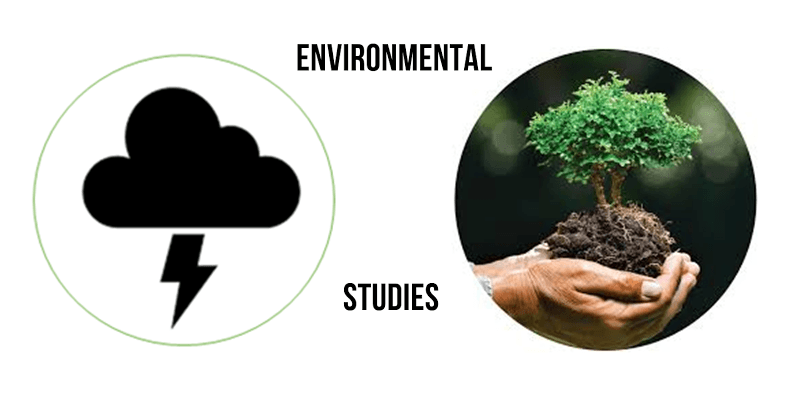
Biodiversity refers to the different types of flora and fauna found in an ecosystem. Higher biodiversity means the ecosystem can sustain many different types of producers, consumers, and decomposers, and such an ecosystem is considered to be healthy. For example, Tropical rainforests are considered to be the most productive and healthiest ecosystems.
For those living in towns and cities, wildlife is something that they watch on television, and many of them would wonder how biodiversity affects them. But the fact is that the air we breathe, the water we drink and the food we eat, all ultimately rely on biodiversity. Some examples are obvious: without plants there would be no oxygen and without bees to pollinate there would be no fruit or nuts.
GET INSTANT HELP FROM EXPERTS!
- Looking for any kind of help on your academic work (essay, assignment, project)?
- Want us to review, proofread or tidy up your work?
- Want a helping hand so that you can focus on the more important tasks?
Hire us as project guide/assistant. Contact us for more information
- Greater diversity ensures natural sustainability for all life forms. It’s believed that the more diversity of life within an ecosystem, the better it is able to sustain itself when faced with external stresses.
- A larger number of plant species means clean air and water, soil detoxification and a greater variety of crops.
- Many new medicines are harvested from nature.
Why can’t we live in a simpler world?
It is not feasible to live in a habitat where only humans live. The air we breathe, the water we drink and the food we eat all rely on biodiversity. Humans depend on the various functions that are performed within the world’s ecosystems. Ecosystems produce oxygen, purify and detoxify the air and water, store and cycle fresh water, regulate the climate, and produce foods and medicines.
While we can definitely live in a simpler world, people being aspirational, sooner or later they will need something bigger or something that is not easily available. Once the basic needs to human beings are satisfied, they aim for needs that are higher up. Several psychologists have suggested in their studies that people usually satisfy their lower level needs first before progressing on to meet higher level growth needs.
Every person needs basic things such as air, food, drink, shelter, clothing, warmth, sleep, for human survival. Once these needs are met, man looks for higher needs, such as safety needs, where he looks for protection from elements, needs security, stability, and freedom from fear. And once, even those needs are met, human beings look to satisfy their esteem, they want respect and reputation.
References:
https://www.theguardian.com/news/2018/mar/12/what-is-biodiversity-and-why-does-it-matter-to-us
Why biodiversity is important to oceanography: https://www.int-res.com/articles/meps_oa/m311p179.pdf

Leave a Reply